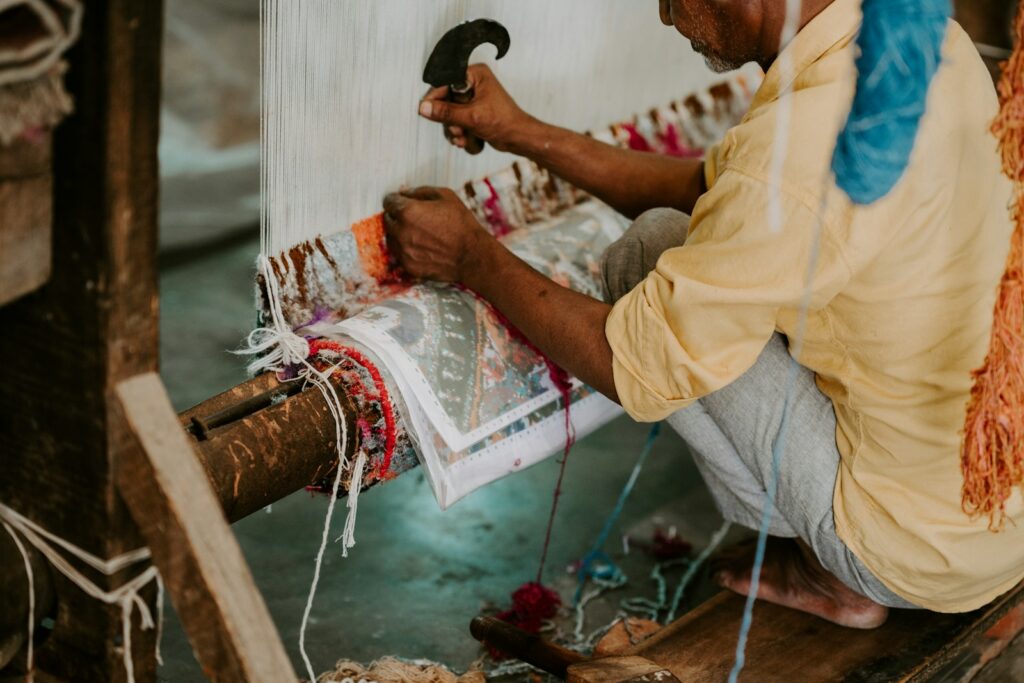
The union budget for FY 2024-2025 focuses primarily on 4 broad categories namely, Garib (poor), Mahilayen (women), Yuva (youth), and Annadata (farmer). The very theme of the budget appears to be prioritizing employment, skilling, MSMEs, and the middle class.
Micro, Small, and Medium Enterprises (“MSME”) is a significant pillar of the Indian economy in boosting employment opportunities and contributing to value addition. There are several promising proposals made to enhance emphasis on the MSME sector. These proposals are aimed at providing support for the promotion of MSMEs particularly a package covering financing, regulatory changes, and technology support for MSMEs to aid their growth and also to prepare the MSMEs for compete globally.
Outline of the proposals
- Credit Guarantee Scheme for MSMEs in the Manufacturing Sector.
For facilitating term loans to MSMEs for the purchase of machinery and equipment without collateral or third-party guarantee, a credit guarantee scheme is proposed to be introduced. The scheme will operate on the pooling of credit risks of such MSMEs. A separately constituted self-financing guarantee fund will provide, to each applicant, a guarantee cover up to INR 100 crore, while the loan amount may be larger. The borrowers will have to provide an upfront guarantee fee and an annual guarantee fee on the reducing loan balance.
- New Assessment model for MSME credit
A new credit assessment model is to be introduced based on the scoring of digital footprints of MSMEs in the economy. The public sector banks will build their in-house capability to assess MSMEs for credit, instead of relying on external assessment. This is expected to be a significant improvement over the traditional assessment of credit eligibility based only on asset or turnover criteria. That will also cover MSMEs without a formal accounting system.
- Credit Support of MSMEs during the stress period
The budget also announced a new mechanism for facilitating the continuation of bank credit to MSMEs during their stress period. While being in the ‘special mention account’ (SMA) stage for reasons beyond their control, MSMEs need credit to continue their business and to avoid getting into the NPA stage. Credit availability will be supported through a guarantee from a government-promoted fund.
Lack of financial support during the stress periods is one of the major obstacles faced by MSMEs. These have pushed several MSME entities to the garb of insolvency. The protection of the MSMEs from such unfortunate plight is imperative to maintain balance in the entire economy.
- Mudra loans
The limit of Mudra loans has been enhanced from INR 10 lakhs to INR 20 lakhs for those entrepreneurs who have availed and successfully repaid previous loans under the ‘Tarun’ category.
- Enhanced scope for mandatory onboarding in TReDS
For facilitating MSMEs to unlock their working capital by converting their trade receivables into cash, the budget proposes to reduce the turnover threshold of buyers for mandatory onboarding on the TReDS platform from INR 500 crore to INR 250 crore. This measure will bring 22 more Central Public Sector Enterprises (“CPSEs”) and 7000 more companies onto the platform. Medium enterprises are also to be included in the scope of the suppliers.
- SIDBI branches in MSME clusters
New branches for the Small Industries Development Bank of India are proposed to be set up to expand its reach to serve all major MSME clusters within 3 years and provide direct credit to them. With the opening of 24 such branches this year, the service coverage will expand to 168 out of 242 major clusters.
- MSME Units for Food Irradiation, Quality & Safety Testing
Financial support for setting up of 50 multi-product food irradiation units in the MSME sector is to be provided. The setting up of 100 food quality and safety testing labs with NABL accreditation will be facilitated.
- E-Commerce Export Hubs
To enable MSMEs and traditional artisans to sell their products in international markets, E-Commerce Export Hubs will be set up in public-private-partnership (PPP) mode. These hubs, under a seamless regulatory and logistic framework, will facilitate trade and export-related services under one roof.
Apart from the above, the budget also proposes the development of digital public infrastructure applications at a population scale for productivity gains, business opportunities, and innovation by the private sector. These are planned in the areas of credit, e-commerce, education, health, law and justice, logistics, MSME, services delivery, and urban governance.
The MSME sector being the backbone of the Indian economy by contributing around 30% of the GDP, it is high time that the government provides appropriate measures to safeguard the interest of MSME participants in the greater interest for augmenting the national economy.


